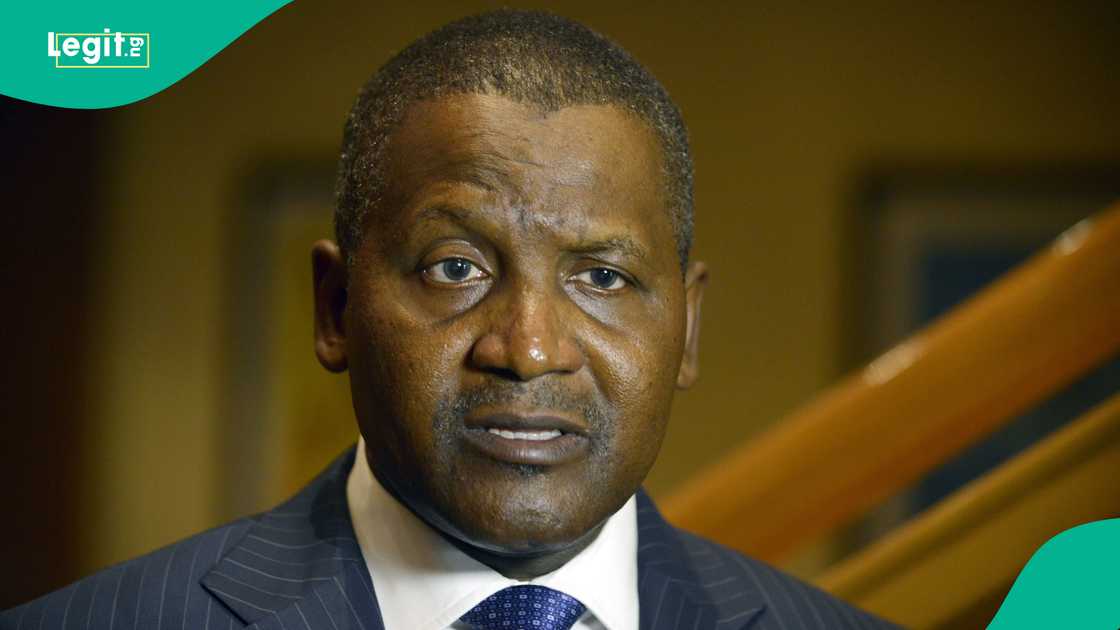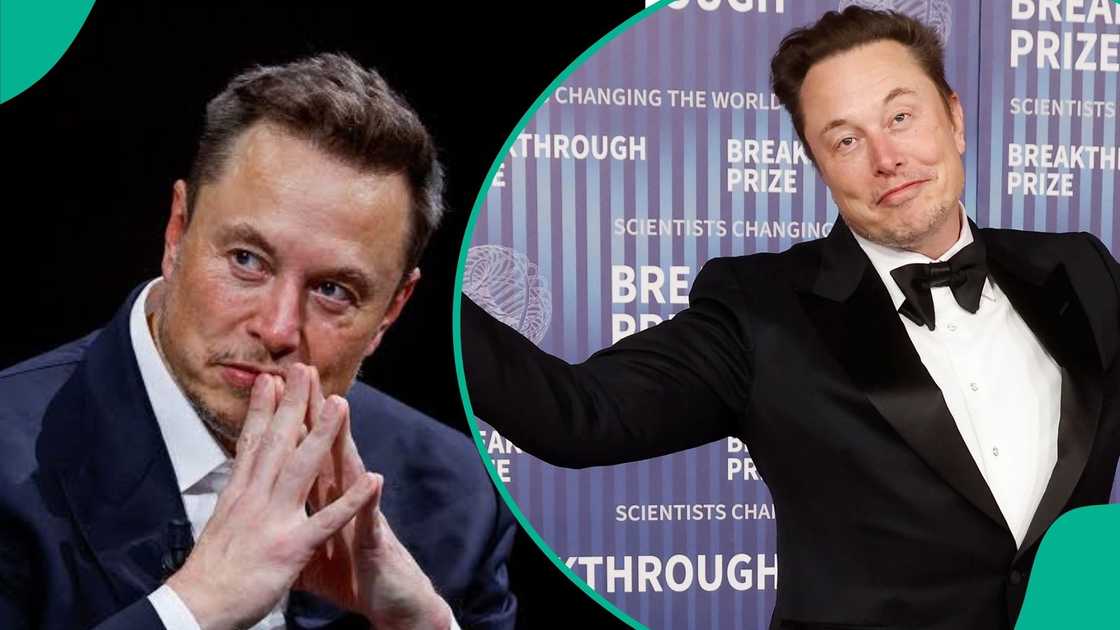Tesla’s board has unveiled a new 10-year compensation plan for CEO Elon Musk that could see him pocket up to $1 trillion—if, and only if, he leads the electric vehicle giant to a monumental surge in value and hits a suite of tough performance targets. The move, seen by analysts as both a massive show of confidence and a high-stakes gamble, puts Musk at the center of what may be the most ambitious corporate incentive package in history.
Under this plan, Musk’s payout is tied directly to Tesla’s long-term success, particularly the company’s market capitalisation, which currently sits around $1.1 trillion. The target? A jaw-dropping $8.5 trillion market cap, alongside significant operational milestones over the next decade.
Inside Tesla’s Record-Breaking CEO Compensation Offer
Reporting by Reuters reveals that Tesla’s board is proposing to grant Musk nearly 423.7 million performance-based restricted shares, representing about 12% of Tesla’s present outstanding shares. That grant will not be delivered all at once. Instead, the award is divided into 12 equal tranches, released only as Musk meets specific financial and operational goals over time.
The structure sets 12 market cap hurdles, with each step designed to push Tesla’s valuation ever higher. The initial target is $2 trillion, with increments of $500 billion for the next nine tranches, and the last two stepping up by $1 trillion each, ultimately requiring the company to reach an aggregate $8.6 trillion market value.
Importantly, these market cap milestones are not just fleeting achievements; Tesla must maintain each threshold, proven by both a 30-day and a six-month trailing average. This puts pressure on sustained growth and stability, not just brief spikes fueled by hype or speculation.
What Tesla Wants Musk to Deliver
Musk’s compensation is not solely tied to market value. Tesla’s board also set 12 operational milestones, ranging from technological innovations to financial performance. These include outcomes like the global rollout of autonomous robotaxis, widespread deployment of humanoid robots, and robust increases in adjusted EBITDA (Earnings Before Interest, Taxes, Depreciation, and Amortisation)—a key measure of profitability.
Product-related goals reportedly focus on:
- Launching advanced robotaxis that function with minimal human intervention
- Bringing humanoid robots to commercial viability
- Enhancing profitability and efficiency in core operations
- Expanding Tesla’s energy and mobility offerings globally
Contingencies and Conditions of the Plan
According to people familiar with the plan, not every milestone guarantees a payout. If any target is missed during the 10-year window, the associated tranche is forfeited. Furthermore, to unlock the final two segments of the payout, the board requires an approved CEO succession strategy, suggesting a careful balance between Musk’s pivotal role and the need for long-term leadership stability at Tesla.
This blockbuster compensation offer has surfaced around the same time as the unveiling of Tesla’s Neue Klasse 2X3 electric SUV—a fresh attempt to extend dominance in the rapidly evolving global EV market.
Industry experts also note that if Musk were to step down or shift out of CEO or another board-approved position prior to vesting, all unvested shares would be lost. Exceptions exist in rare scenarios such as qualifying terminations following a change of control, but generally, the risks are high for both Musk and Tesla’s board.
Wealth Records and Local Comparisons
Should all the criteria be met, Musk would become the world’s first known trillionaire, consolidating his reputation as one of history’s boldest and wealthiest entrepreneurs. As of now, Bloomberg’s Billionaire Index lists Musk’s net worth at $386 billion, after a recent surge that added $8.71 billion in just 24 hours, keeping him at the top of global wealth rankings.
For many Nigerian and African readers, these astronomical sums may seem distant from local realities, but they serve as a stark benchmark of what technological innovation and market ambition can achieve—even as the continent’s industrial leaders chart their own paths.
African Billionaires: Dangote Continues His Ascent
Amidst global talk of trillionaires, Africa’s own titans are making waves. Aliko Dangote, Nigeria’s celebrated business icon, now boasts a net worth of $28.7 billion, currently ranking 71st globally. Dangote’s burgeoning wealth has expanded as his much-anticipated mega-refinery began production, a project seen as transformative for Nigeria’s energy sector. Still, the lion’s share of his fortune remains tied to his controlling stake in Dangote Cement, where he owns over 86% of shares.

Credit: Bloomberg/Contributor
Source: Getty Images
Economic analysts expect Dangote’s fortune to hit $30 billion by 2025 if current business trends are sustained, underscoring Africa’s capacity for creating and retaining significant wealth through homegrown industry and innovation.
How Musk Keeps Shattering Wealth Records
Musk’s headline-making net worth continues to break records. Earlier this year, his personal fortune reached $348 billion, bolstered by a sharp rally in Tesla shares and a new fundraising round for his artificial intelligence startup, xAI, which was valued at $50 billion. With this, Musk broke his own prior record of $340 billion achieved in 2021—an indication of how his reach extends across technology, automotive, and even emerging AI sectors.
For business leaders and aspiring entrepreneurs in Nigeria, Ghana, and across Africa, such figures offer both inspiration and a realisation of the global scale at which capital and technology now operate. Local stakeholders are increasingly asking how African businesses can capture similar growth trajectories, especially amid infrastructural and regulatory challenges.
What This Means for Africa and Beyond
The stories of Musk and Dangote highlight different but instructive paths to wealth: one through global technology disruption, the other via local manufacturing and value addition. Both approaches illustrate that audacious vision, paired with execution and relentless ambition, can drive transformative economic outcomes.
But they also raise pressing questions about wealth distribution, impact on local economies, and how best to foster innovation within African contexts. As Musk eyes a trillion-dollar fortune, Nigerian policymakers and entrepreneurs continue seeking frameworks to support startups, empower SMEs, and retain talent—knowing that Africa’s own stories of mega-success are just beginning to unfold.
How do you think Africa can nurture the next generation of homegrown innovators and global competitors? What lessons can be learned from the journeys of Dangote and Musk? Share your perspective in the comments below. Stay locked in with us for the latest on business, technology, and African entrepreneurship.
To get your story featured or for story sales, email us at story@nowahalazone.com.
If you’re seeking support or need clarification, reach out at support@nowahalazone.com.
Join our community online: Follow us on Facebook, X (Twitter), and Instagram for updates, business insights, and more ways Nigerians and Africans are breaking new ground!










